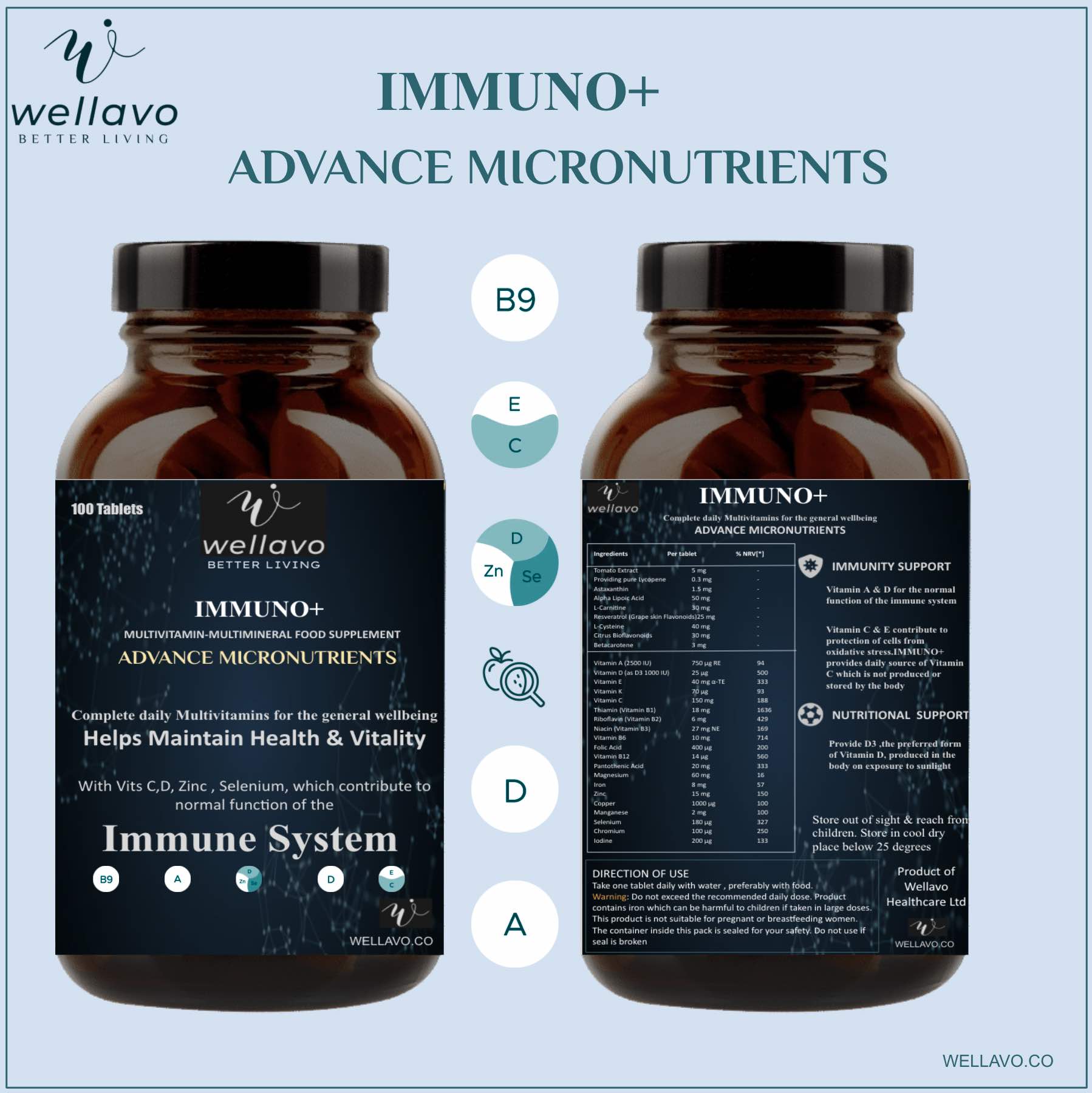We include products we think are useful for our readers. If you buy through links on this page, we may earn a small commission. Here’s our process.
Overview
If you have acid reflux or gastroesophageal reflux disease (GERD), you may spend mealtimes avoiding certain foods and drinks. These conditions cause stomach acid to leak back into the esophagus.
GERD symptoms are affected by what you eat. The symptoms can include coughing, nausea, and hoarseness. Burping, sore throat, and regurgitation are also commonly associated with GERD. What you decide to incorporate or avoid in your diet can help relieve some of your symptoms.
Beverages such as coffee, colas, and acidic juices often top the list of “don’ts.” These beverages may increase the risk of GERD symptoms. Instead, here’s what you should drink to help reduce symptoms.
Herbal teas help improve digestion and soothe many stomach problems, such as gas and nausea. Try caffeine-free herbal tea for acid reflux, but avoid spearmint or peppermint teas. Mint triggers acid reflux for many.
Chamomile, licorice, slippery elm, and marshmallow may make better herbal remedies to soothe GERD symptoms.
Licorice helps increase the mucus coating of the esophageal lining, which helps calm the effects of stomach acid. However, there’s insufficient evidence to confirm the effectiveness of fennel, marshmallow root, or papaya tea.
When using dried herbs as extracts in tea, you should use one teaspoon of herb per one cup of hot water. Steep leaves or flowers, covered, for 5 to 10 minutes. If you’re using roots, steep for 10 to 20 minutes. For best results, drink two to four cups per day.
Shop for chamomile, licorice, and slippery elm teas on Amazon.
Be aware that some herbs can interfere with certain prescription medications, so talk to your doctor before trying an herbal remedy.
Cow’s milk is hard for some people to digest and can contain a significant amount of fat. Like all high-fat foods, full-fat cow’s milk may relax the lower esophageal sphincter, which can cause or worsen reflux symptoms.
If you have to go with cow’s milk products, choose the ones that are lowest in fat.
For people who are lactose intolerant or just experience an increase of acid reflux symptoms from dairy, plant-based milks are a good solution. Today, there are a variety of these products available, including:
- soy milk
- almond milk
- flax milk
- cashew milk
- coconut milk
Almond milk, for example, has an alkaline composition, which can help neutralize stomach acidity and relieve acid reflux symptoms. Soy milk contains less fat than most dairy products, making it a safer choice for people with GERD.
Carrageenan is a common additive in nondairy beverages and may contribute to digestive symptoms. Check your labels and avoid this additive if you have GERD.
Citrus drinks and other drinks such as pineapple juice and apple juice are very acidic and may cause acid reflux. Other types of juices are less acidic and thus are less likely to trigger GERD symptoms in most people. Good options include:
- carrot juice
- aloe vera juice
- cabbage juice
- freshly juiced drinks made with less acidic foods, such as beet, watermelon, spinach, cucumber, or pear
Because tomato-based foods can trigger reflux symptoms, avoiding tomato juice may also reduce GERD symptoms.
Smoothies are a great way for nearly everyone to incorporate more vitamins and minerals into their diets. They’re an exceptionally good (and tasty!) option for people with GERD.
When making a smoothie, look for the same low-acid fruits as you would for juices, such as pear or watermelon. Also, try adding green vegetables such as spinach or kale.
Try this simple, low-carb smoothie that incorporates spinach and avocado. Another option is this vegan green tea smoothie with green grapes.
Sometimes the simplest solutions make the most sense. The pH of most water is neutral, or 7.0, which can help raise the pH of an acidic meal.
Although this is very uncommon, keep in mind that too much water can disrupt the mineral balance in your body, which would increase the likelihood of acid reflux.
Some drinks can aggravate reflux symptoms and should be avoided. Examples include fruit juices, caffeinated beverages, and carbonated beverages.
Citrus juices
Citrus juices are naturally highly acidic and thus can aggravate acid reflux. Examples of citrus juices include:
- lemon juice
- orange juice
- tangerine juice
- lime juice
- grapefruit juice
The citric acid that’s naturally present in citrus fruit can irritate the esophagus. While the stomach is made to withstand more acidic foods, the esophagus is not.
When buying juice drinks, check for and avoid citric acid. It’s sometimes used as a flavoring.
Coffee
Morning coffee is a daily habit for many, but people with acid reflux should avoid it when possible. Coffee can stimulate excess gastric acid secretions that may rise up to your esophagus, particularly when you drink a lot of it. This results in heightened acid reflux symptoms.
Other caffeinated beverages, such as sodas or teas, can have similar effects and should be avoided as much as possible.
Alcohol
Alcohol can negatively affect acid reflux, regardless of whether you’re drinking a glass of wine or downing a margarita. Hard liquor is more likely to aggravate reflux conditions quickly, though a glass of wine with a large or acidic meal can cause discomfort, too.
Heavy consumption of alcohol may be a risk factor for developing GERD, and it could cause mucosal damage in the stomach and esophagus.
Some women who have never had acid reflux before develop acid reflux or heartburn symptoms for the duration of their pregnancy. This is normal, and many women have decreased or no symptoms after the pregnancy is over.
In addition to following the guidelines discussed above, try sipping liquids instead of drinking them quickly to help prevent acid reflux symptoms. Keeping a food diary to help track what aggravates your symptoms can help you prevent symptoms throughout your pregnancy.
If your GERD or acid reflux hasn’t responded to purely dietary changes, other remedies and medications may offer relief.
Over-the-counter (OTC) treatments include:
- temporary use of OTC antacids, such as calcium-carbonate (Tums)
- proton pump inhibitors, such as omeprazole (Prilosec) or lansoprazole (Prevacid)
- H2 receptor blockers, such as famotidine (Pepcid AC)
- deglycyrrhizinated licorice
Prescription medications include:
- prescription-strength proton pump inhibitors
- prescription-strength H2 receptor blockers
In extreme cases, surgery may be in an option. Surgery can reinforce or strengthen the lower esophageal sphincter.
As with eating, when and how you drink beverages can make a difference in GERD symptoms. The following tips can help keep symptoms at bay:
- Avoid skipping breakfast or lunch, which can lead to overeating — and overdrinking — late in the day.
- Give up late-night snacks, including beverages that may cause heartburn. This includes carbonated and caffeinated drinks.
- Maintain an upright position during and after eating and drinking. Don’t eat for at least three hours before bedtime.
- Moderate your alcohol consumption. Drinking too much alcohol can cause reflux symptoms in some people.
- Reduce or eliminate spicy foods and fried foods.
- Elevate the head of your bed so gravity can help keep acid from creeping into your esophagus.
By practicing healthy drinking habits and taking note of how your symptoms respond to specific foods and drinks, you can reduce your reflux symptoms and improve your quality of life.





